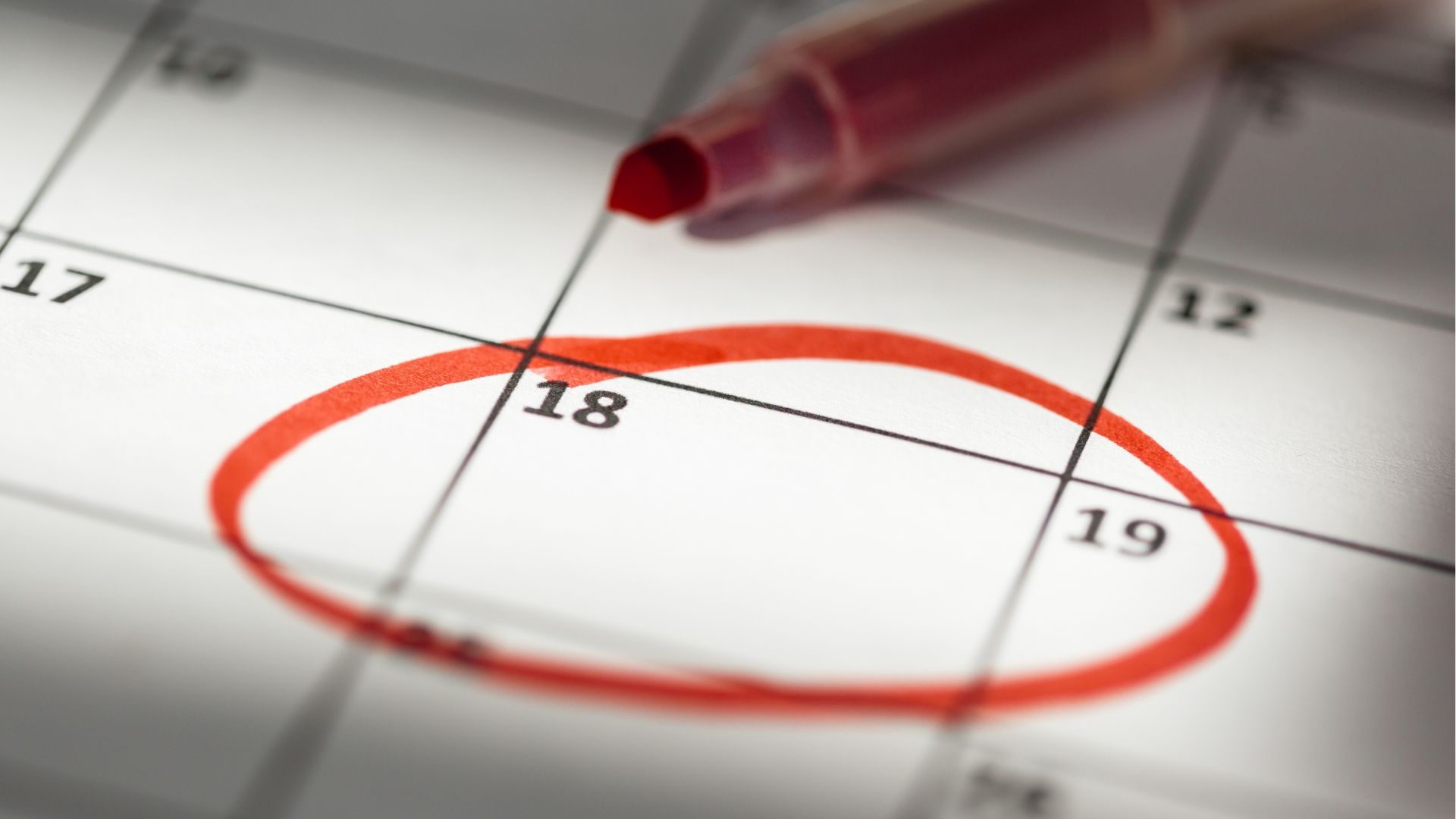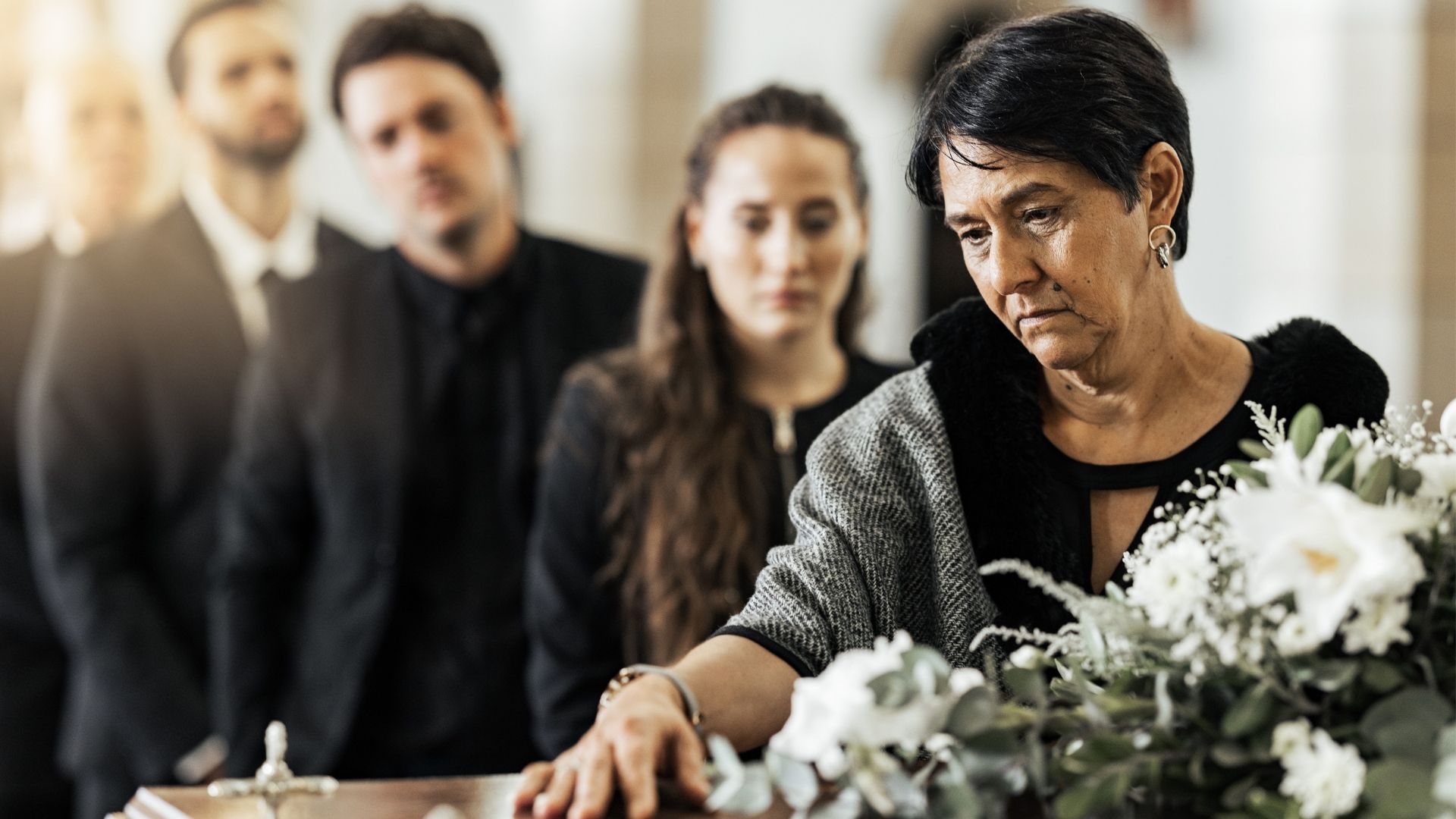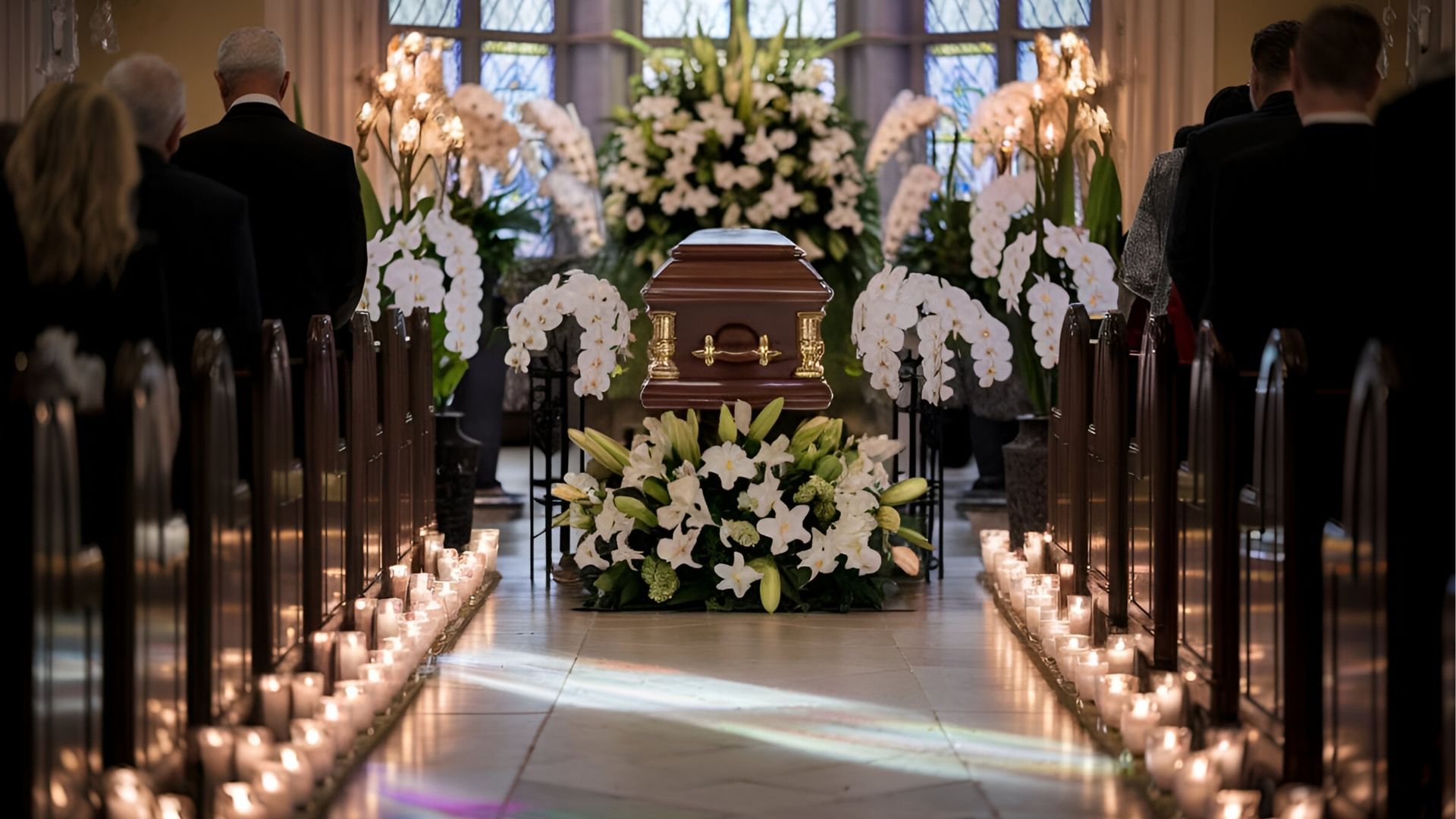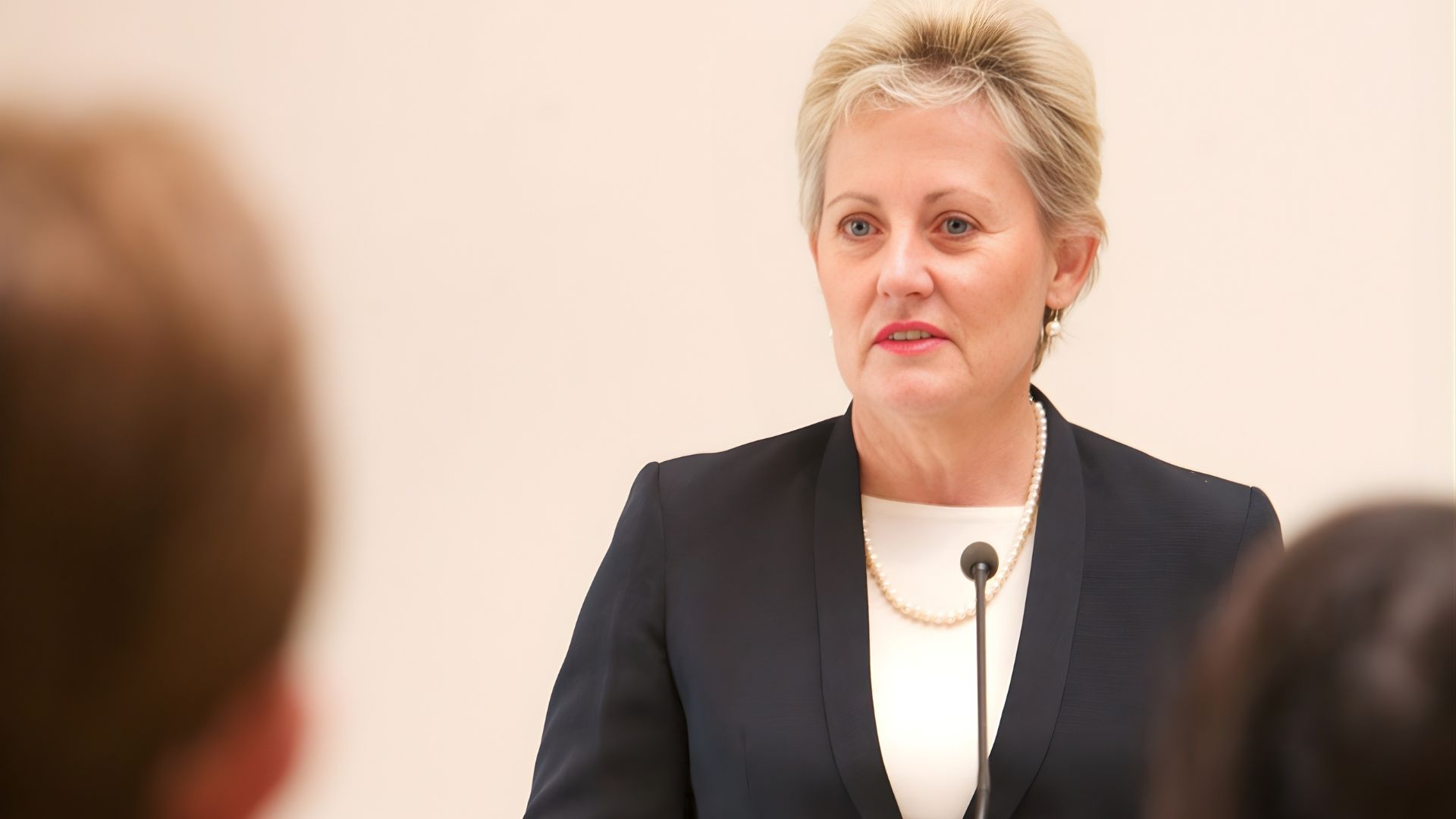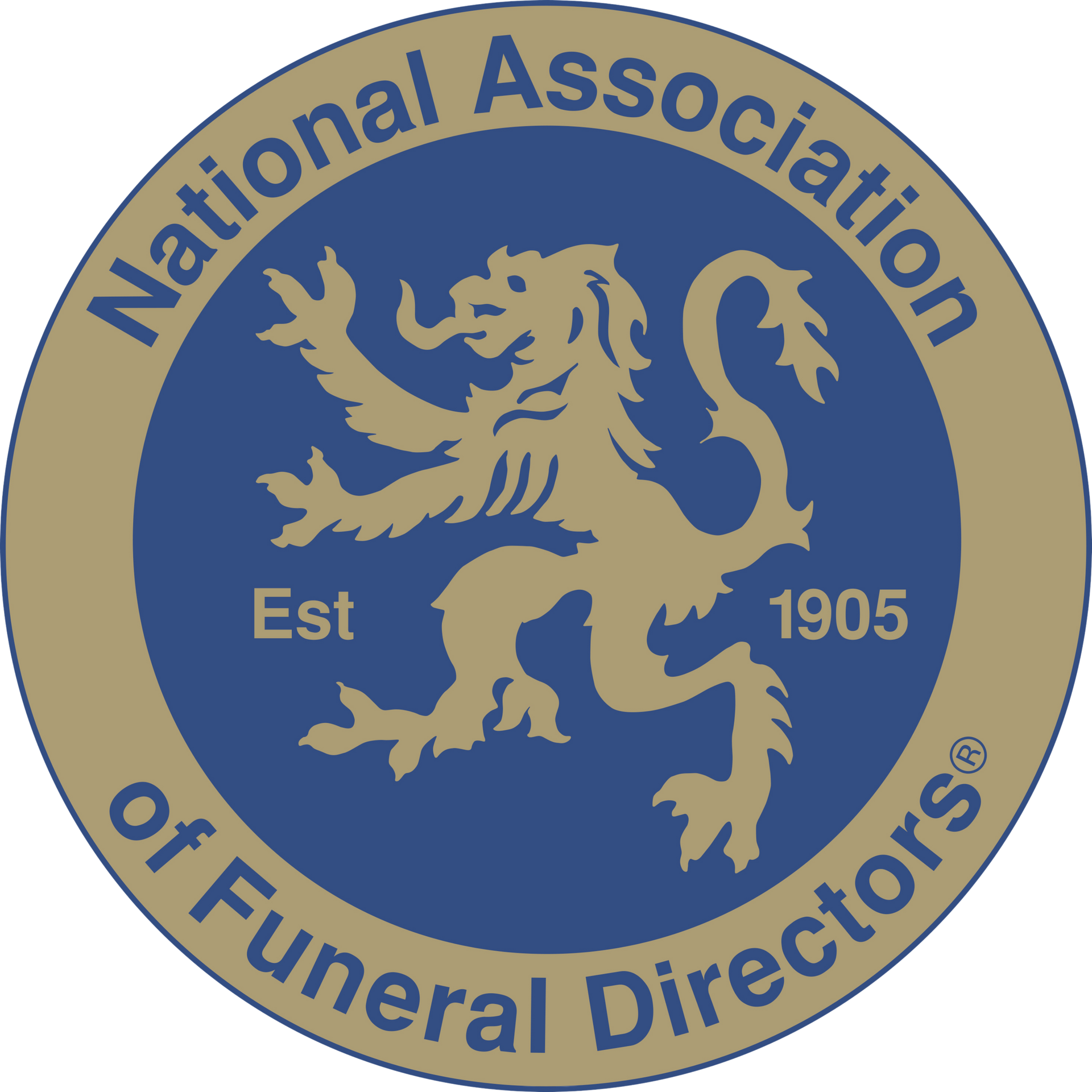Who is 'next of kin' when someone dies?
Has a person died and you're not sure who's 'next of kin'? Learn what it means and how to manage things.

When a person close to you dies, a wave of practical things that must be done tends to follow. And this all happens at a time when you may feel least ready to handle it.
One of the first questions people are asked is: 'Are you their next of kin?' If you're already grieving, it can feel strange – even jarring – to be faced with such official language at such a difficult time.
You may not know what it means. You may not even know if you are somebody's next of kin. And that's OK.
In this article, we'll explain what 'next of kin' means in the UK and why it matters after someone dies. We'll also take you through what it might involve if you're asked to take on that role.
H3: What does 'next of kin' mean?
Next of kin is a term used to describe the person who is closest to the one who has died – emotionally or practically. It's not just about legal status or who's listed on a form. In fact, you may never have been officially listed or named as someone's next of kin.
In life, the next of kin is the person someone would want to be contacted if they were unwell or in hospital. After death, they're often the person others turn to for decisions or support.
It might be a partner, a child, a parent, a sibling or someone else entirely. There's no official rule in the UK about who it has to be.
Why is next of kin important after a death?
The next of kin is usually the first person told about a person's death. That may happen in person, over the phone or via the hospital or police.
They're also the person often asked to:
- Register the death
- Help organise the funeral
- Support others in the family
- Make decisions if there's no will
It can feel like a lot – especially when you're already hurting or trying to take in what's happened. If you've found yourself in this role, and you feel unsure or overwhelmed, that's OK. You're not expected to know exactly what to do or to go through it alone.

Who counts as next of kin?
There's no fixed list. 'Next of kin' is simply the person the one who died would have trusted to act or speak for them.
Often, it's a husband, wife, civil partner or long-term companion. But it could just as easily be a child, a parent, a sibling or a close friend.
If the person didn't say who they wanted, and no paperwork exists, those closest usually talk it through together. It's OK if that feels difficult. Not every family is straightforward. Not every relationship is easy. And you don't have to carry the responsibility alone.
A funeral director or trusted friend can often help ease these conversations and find a path forward.
What if no one is sure or there's no one close?
Sometimes, it's not obvious who should be next of kin. Perhaps the person lived alone or didn't have family nearby. In cases like these, the hospital, GP or council will do their best to find someone who cared about them – even if that's a neighbour or friend.
If no one is found, the local council may arrange a simple funeral. This is often called a 'public health funeral'. It's still done with care, and it can be possible to attend or help plan some of it. If this is something you'd like to do for someone, speak to the hospital, GP or coroner involved.
Does being next of kin give you legal authority?
Being next of kin doesn't automatically mean you're in charge of legal matters. To have legal authority, you must also be named as the executor of the will or apply to handle the estate.
That being said, the next of kin is often the one who begins the practical steps. You might be the person who speaks to the funeral home, arranges to collect personal items or registers the death.

If that feels too much, or you don't feel ready, you're allowed to step back. Others can support you, and your funeral director can help explain your options.
What if the family doesn't agree on who should take the lead?
This happens more often than people realise. Grief can bring people together, but it can also stir up tension. Perhaps the person who died had complicated relationships, for instance, or hadn't made their wishes clear.
Try to keep things focused on what the person would have wanted. Take your time. If you need a steady voice in the room, a funeral director can guide the discussion gently. This can help everyone find a respectful path forward.
What if I'm asked to be next of kin, but I'm not sure I can do it?
You don't have to say yes right away, or at all (and that's OK). If you do decide to step into the role, you don't have to put on a brave face in every moment.
You might feel numb, overwhelmed or unsure where to start. But don't worry, those are all normal responses.
Remember, you can ask others to share the load. People often pull together in times like this, so you may be surprised at the support you receive.
What does next of kin involve, in practical terms?
You may be asked to:
- Register the death (this has to happen within five days in England and Wales)
- Help plan the funeral, or choose someone to do that on your behalf
- Collect paperwork, return belongings or pass on messages
- Support with decisions about what happens next
If you're unsure what to do, a funeral director can explain things and help you through each step.
We're here to help
If you've been asked to act as next of kin – or you're trying to support someone who has – you don't have to do it alone.
Whether it's practical questions or emotional support, we can help you take the next steps forward and plan the funeral you want. Please contact us if you need our support – our lines are open 24/7/365.





